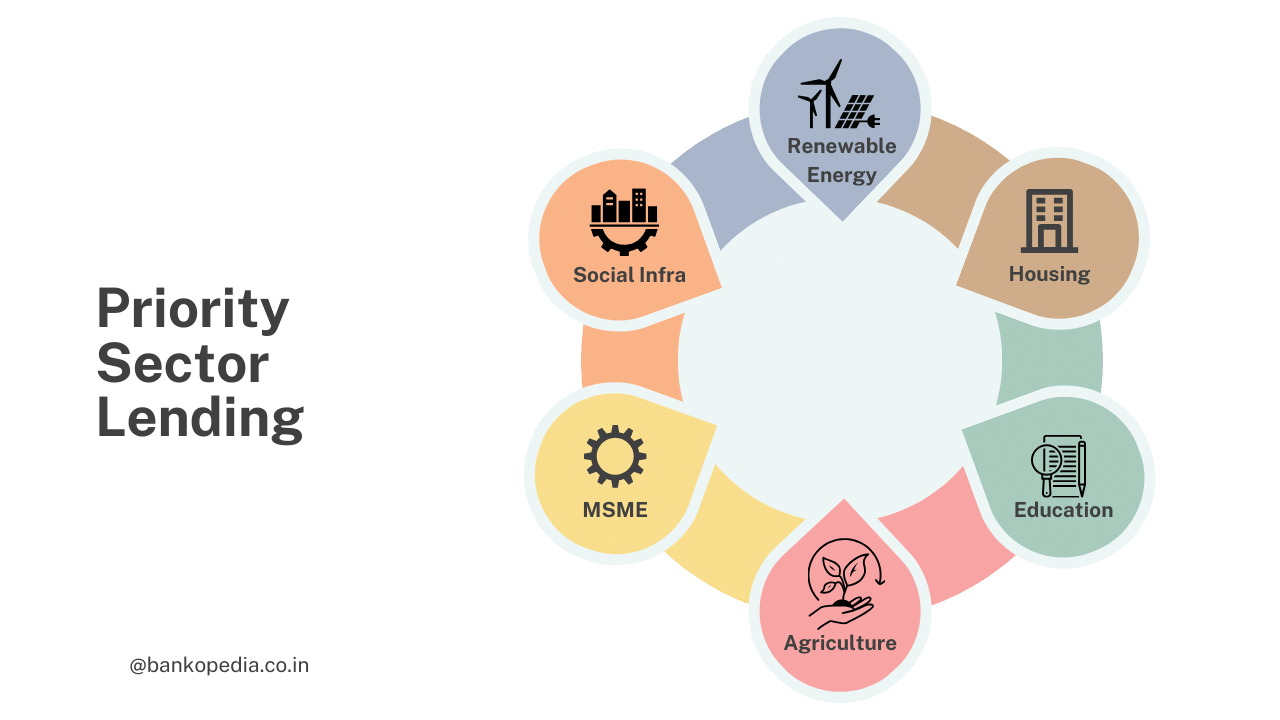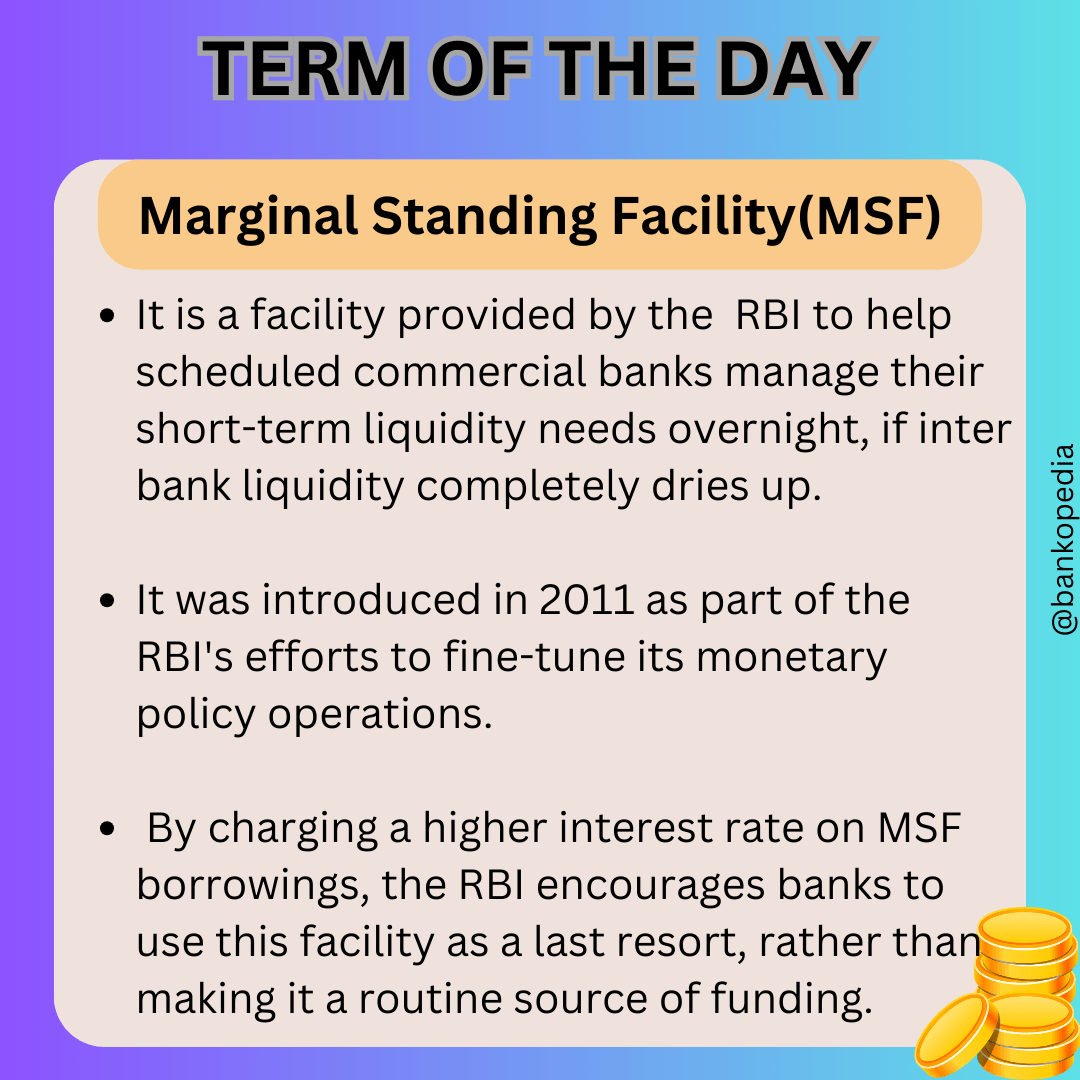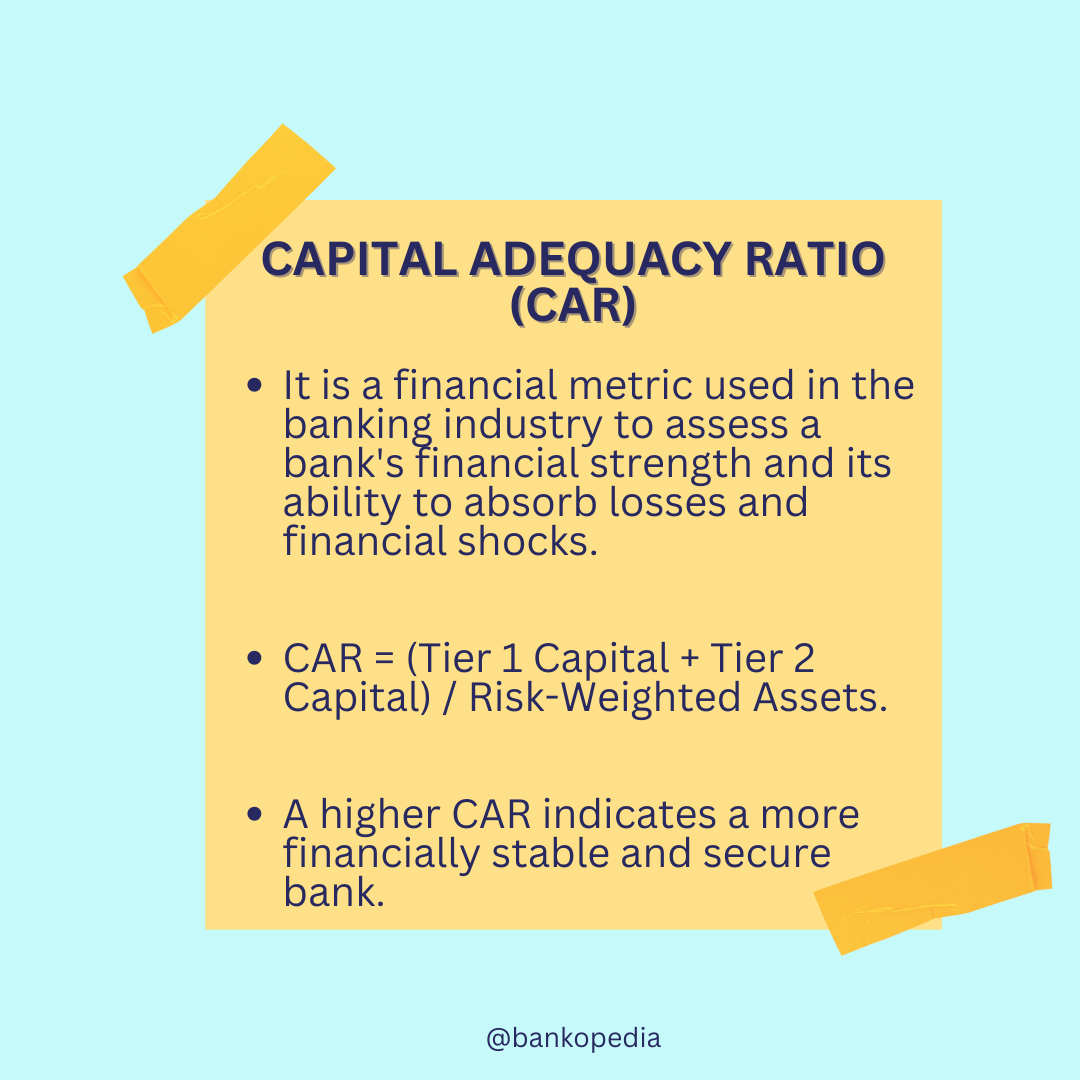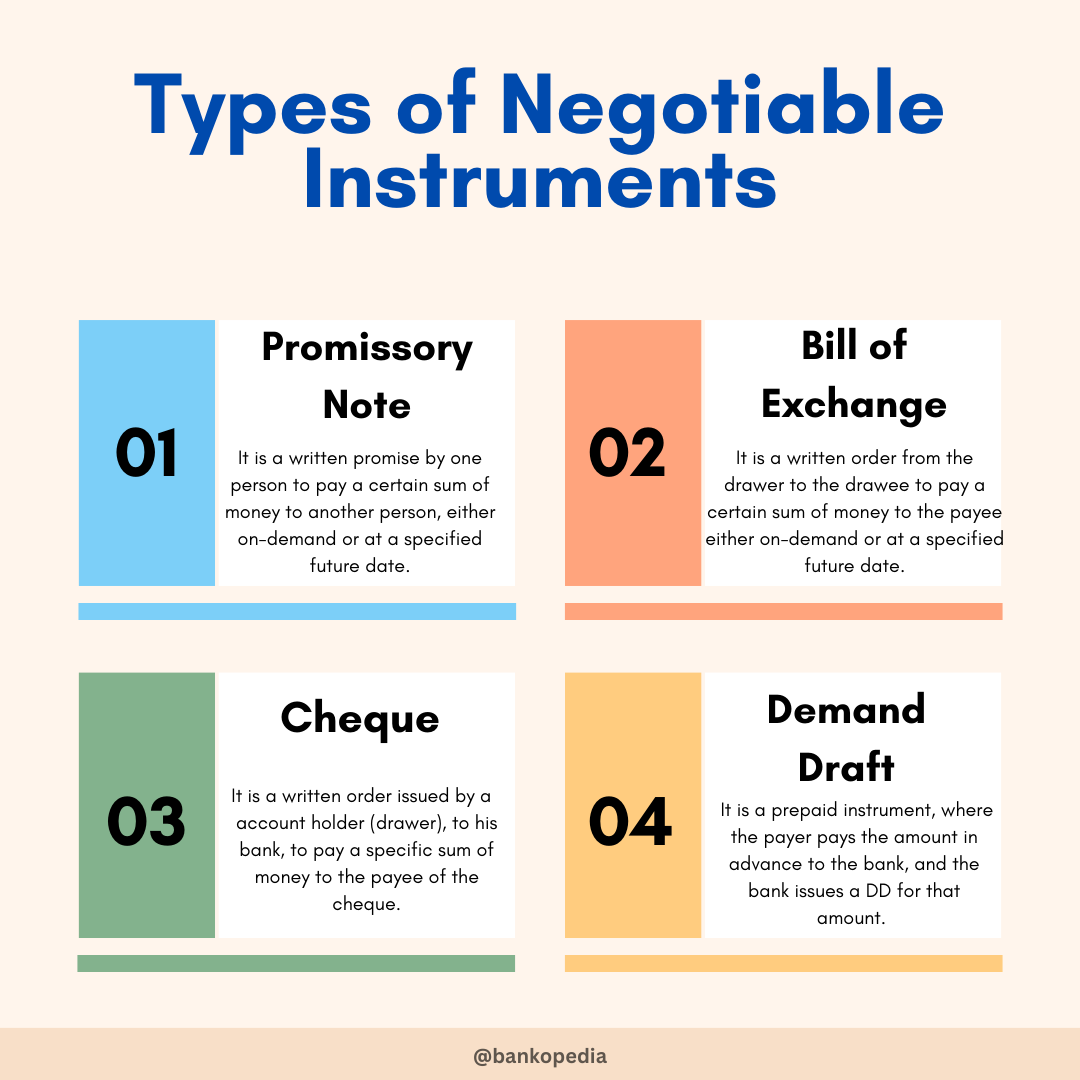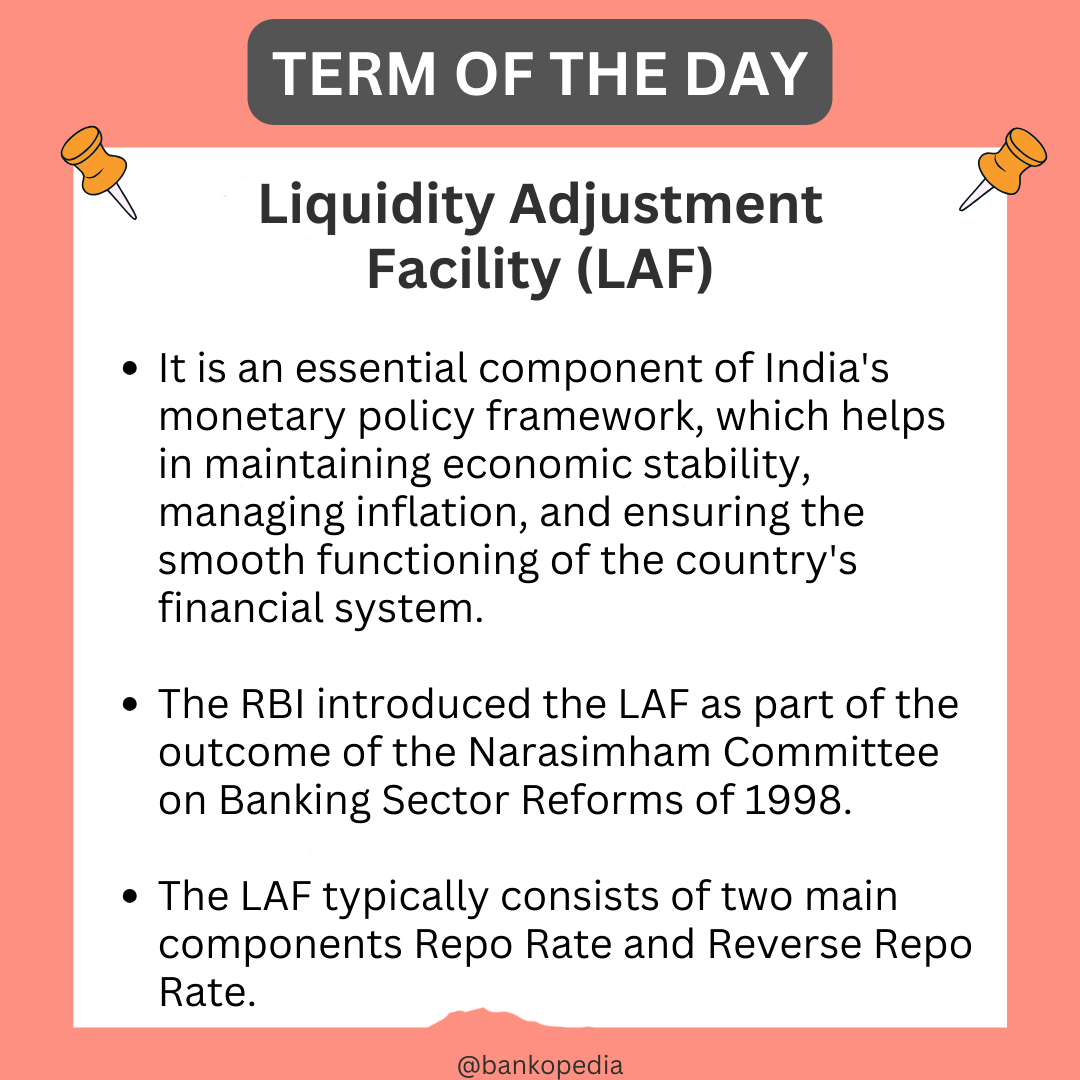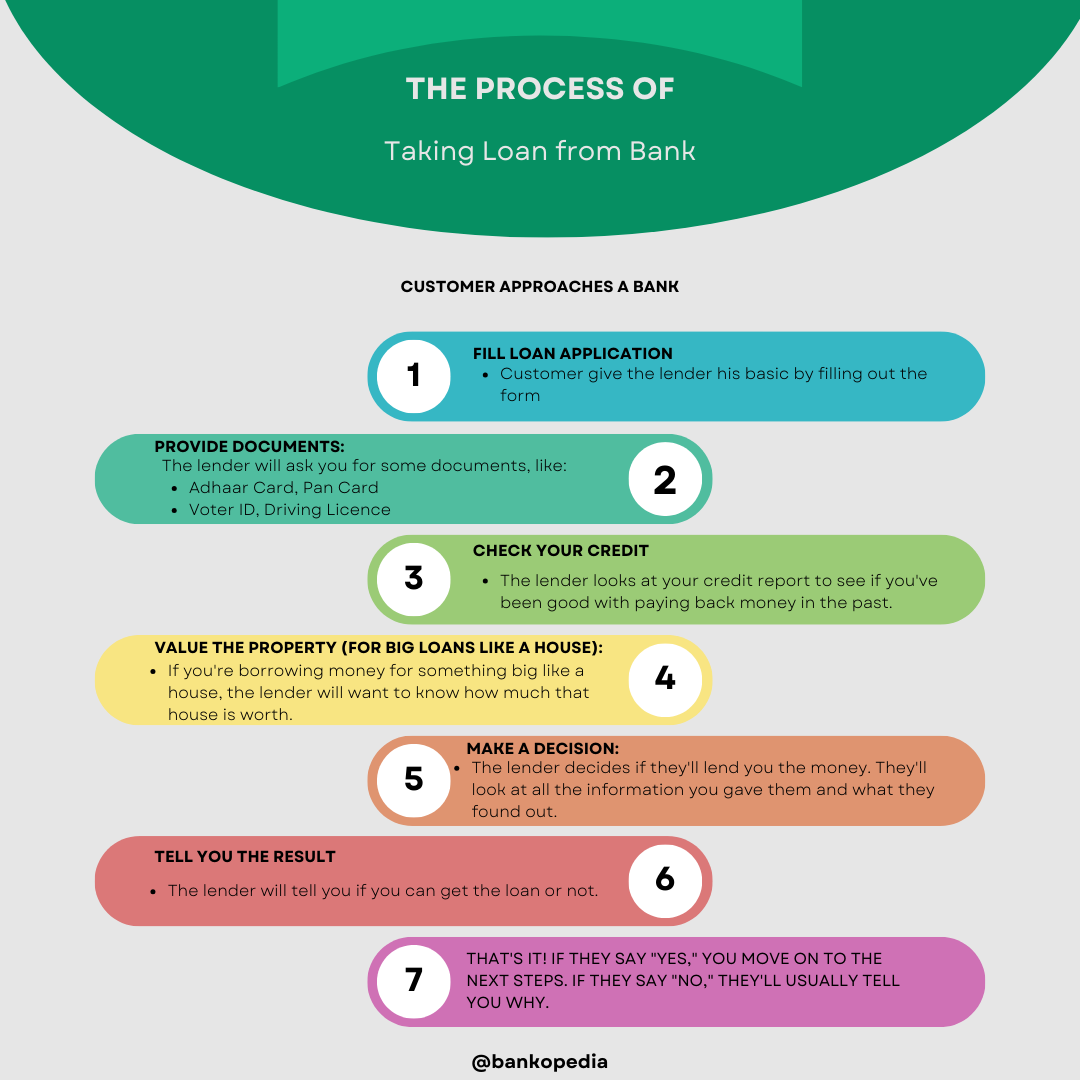Welcome to Daily Banking Digest, your premier source for the latest news and insights on March 17, 2024, focusing on banking, the economy, and finance. Our platform offers a comprehensive overview of the day’s most critical financial stories, market trends, and economic developments. Whether you’re a professional in the financial sector, an investor monitoring market movement, or someone interested in staying informed about the economic landscape, Daily Banking Digest provides reliable, up-to-date information.
Join our Telegram Channel for Daily PDF in your Inbox – Click Here
Table of Contents
Over 10 Million Households Enroll in Surya Ghar Yojana
Prime Minister Narendra Modi announced that over one crore households have registered for the PM Surya Ghar Yojana, which provides free solar power to low-income families. The scheme aims to reduce electricity expenses and promote sustainable energy production.

Key Points:
Registration: – Over one crore households have registered for the PM Surya Ghar Yojana. – Assam, Bihar, Gujarat, Maharashtra, Odisha, Tamil Nadu, and Uttar Pradesh have seen over five lakh registrations.
Benefits: – Households will receive free electricity of up to 300 units per month. – Substantial reductions in electricity expenses. – Encouragement of Lifestyle for Environment (LiFE).
Scheme Details: – Total outlay of ₹75,021 crore. – Central financial assistance (CFA) of 60% for 2 kW systems and 40% for 2-3 kW systems. – CFA capped at 3 kW. – Subsidy of ₹30,000 for 1 kW system, ₹60,000 for 2 kW systems, and ₹78,000 for 3 kW systems or higher.
Application Process: – Households can register on https://pmsuryaghar.gov.in. – National Portal provides information on system sizes, benefits, and vendor ratings.
Financing: – Households can access collateral-free, low-interest loans of around 7% for installation of residential RTS systems up to 3 kW.
Ministry of Finance Levies Anti-Dumping Duty on Cast Aluminum Alloy Wheels Imported from China
The Indian Finance Ministry has imposed definitive anti-dumping duties on Cast Aluminium Alloy Wheels (ARW) imports from China, ranging from $0.23 to $1.71 per kg. The duties, valid for five years, aim to protect domestic manufacturers from unfair competition.

Key Points:
Anti-Dumping Duty: – Definitive anti-dumping duty imposed on ARW imports from China. – Duty ranges from $0.23 to $1.71 per kg, depending on the producer. – Valid for five years.
Product Description: – ARW used in motor vehicles, particularly high-end cars. – More durable and lighter than steel wheels. – Contributes to fuel efficiency, acceleration, handling, and braking.
Sunset Review Investigation: – Director General of Trade Remedies recommended anti-dumping duty in January 2024. – Petition for second Sunset review investigation filed by domestic manufacturers.
Previous Anti-Dumping Duties: – Anti-dumping duty on ARW first imposed in May 2015. – Extended in 2019 and 2022. – Existing duties set to expire on April 8, 2024.
India-UK FTA Negotiations Progressing Well, Majority of Issues Nearing Resolution
India and the UK are actively negotiating a Free Trade Agreement (FTA), with most outstanding issues nearing resolution. Both sides aim for a fair and equitable deal. The 14th round of negotiations has concluded, and chapter-wise textual negotiations are progressing.

Key Points:
Negotiations Progress: – Majority of difficult matters in India-UK FTA negotiations are moving towards resolution. – Both sides are actively engaged for a fair and equitable deal.
FTA Details: – The agreement includes 26 chapters covering goods, services, investments, and intellectual property rights. – Chapter-wise textual negotiations are near close, with the schedule on goods and services at an advanced stage.
Recent Developments: – A UK team visited India for negotiations on outstanding issues. – Bilateral trade between India and the UK increased to $20.36 billion in 2022-23.
Other FTAs: – India is also negotiating a free trade agreement with Oman, which is expected to be concluded soon.
Impact of Elections: – The Model Code of Conduct will not impact ongoing FTA negotiations or the signing of new FTAs.
Trade Data: – India’s overall exports grew by 0.83% in April-February 2023-24. – Overall imports contracted by 4.64% during the same period. – The US is India’s top smartphone export destination.
2024 General Elections: Voting Commences April 19th, Results Announced June 4th.
The Lok Sabha elections in India will be held in seven phases, with the first phase scheduled for April 19 and the last phase on June 1. The last date for making nominations for each phase is also specified.
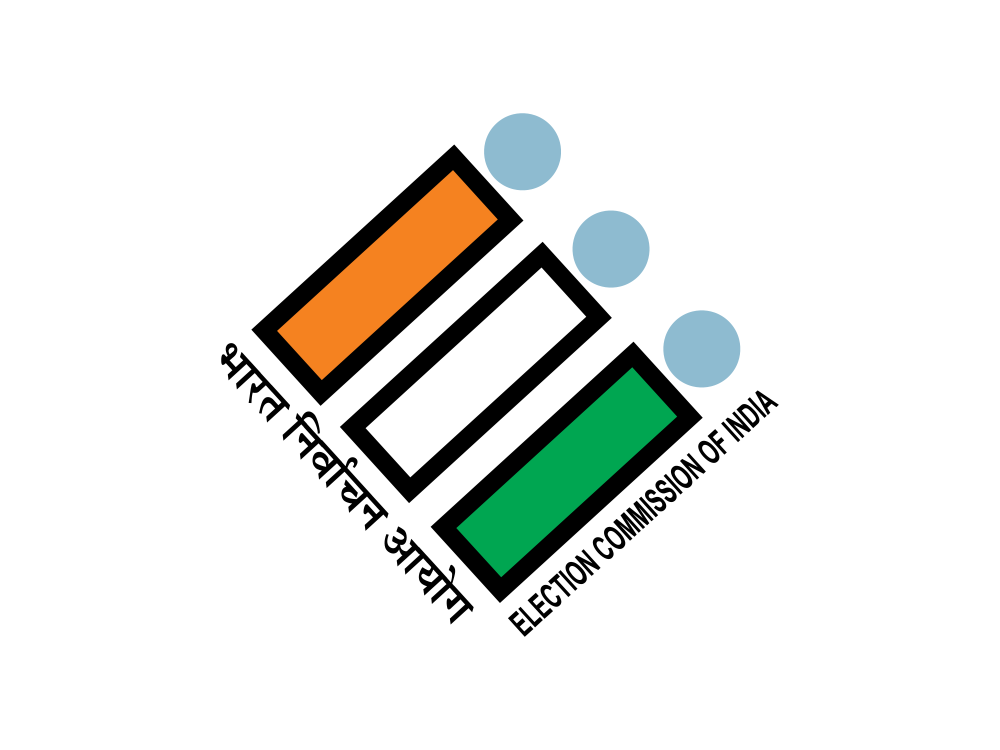
Key Points:
Phase 1: – Date: April 19 – Last date for nominations: March 27 – States and Union Territories: 21
Phase 2: – Date: April 26 – Last date for nominations: April 4 – States and Union Territories: 12
Phase 3: – Date: May 7 – Last date for nominations: April 20 – States and Union Territories: 12
Phase 4: – Date: May 13 – Last date for nominations: April 25 – States and Union Territories: 10
Phase 5: – Date: May 20 – Last date for nominations: May 3 – States and Union Territories: 8
Phase 6: – Date: May 25 – Last date for nominations: May 6 – States and Union Territories: 7
Phase 7: – Date: June 1 – Last date for nominations: May 14 – States and Union Territories: 8
Navneet Kumar Sehgal Assumes Chairmanship of Prasar Bharati
Navneet Kumar Sehgal, a retired bureaucrat, has been appointed as the new Chairman of Prasar Bharati,India’s public broadcaster. His appointment was made by the President on the recommendation of a selection committee chaired by Vice President Jagdeep Dhankhar. Sehgal’s term will last for three years or until he reaches the age of seventy, whichever comes earlier.

Key Points:
Appointment: – Navneet Kumar Sehgal appointed as Chairman of Prasar Bharati. – Term: Three years or until age seventy, whichever comes earlier.
Vacancy: – Post vacant since A Surya Prakash’s retirement in February 2020.
Selection Process: – Appointment made on the recommendation of a selection committee. – Vice President Jagdeep Dhankhar chaired the selection committee meeting.
Terms and Conditions: – Governed by Prasar Bharati (Broadcasting Corporation of India) Act, 1990, and rules made thereunder.
Background of Sehgal: – Retired IAS officer of the 1988 batch from Uttar Pradesh cadre. – Played a significant role in UP’s global investor summit. – Oversaw the hosting of the first MotoGP in India in Noida.
Government Eliminates Permit Requirement for Untested AI Models, Emphasizes Content Labeling.
The Indian government has revised its advisory on Artificial Intelligence (AI) technology, removing the requirement for permits for untested AI models. However, it emphasizes the importance of labeling AI-generated content to inform users of its potential unreliability.
Key Points:
Permit Requirement Dropped: – The government has eliminated the need for permits for AI models under development.
Labeling AI-Generated Content: – Firms must label content created using their AI software or platforms. – Labels should indicate that the content has been generated or modified using AI and may contain inaccuracies.
Metadata Configuration: – Metadata should be configured to identify users or computer resources that make changes to AI-generated content.
Previous Advisory: – The previous advisory required approval for deploying untested AI models and labeling them as unreliable.
Criminal Action Warning: – The government warned of criminal action for non-compliance with the advisory.
Gujarat Government Unveils Procurement Policy to Empower MSMEs and Women Entrepreneurs.
The Gujarat government has introduced a new Gujarat Procurement Policy 2024 to promote procurement from MSMEs, women entrepreneurs, startups, and entities operated by Scheduled Castes and Tribes. The policy aims to encourage local businesses and support inclusive growth.
Key Points:
Encouragement for MSMEs and Women Entrepreneurs: – The policy aims to increase procurement from MSME units and women entrepreneurs.
Support for Startups: – Startups are exempted from minimum prior experience and turnover criteria.
Procurement from SC/ST Entities: – The policy encourages procurement from entities operated by Scheduled Castes and Tribes.
BIS Product Specifications: – The policy mandates BIS product specifications for procured items.
Government-e-Marketplace (GeM) Portal: – Procurement of goods and services is promoted through the GeM portal.
Global Tender Inquiries: – For procurement costing ₹200 crore or more, global tender inquiries will be floated.
Revision of 2016 Policy: – The new policy incorporates suggestions from various organizations and stakeholders.
Paytm Users to Retain Access to Services, Excluding PPBL Wallet and FASTag.
Paytm Payments Bank users will no longer be able to add funds to their wallets or bank accounts after March 15, 2024, due to RBI restrictions. However, they can continue to use existing balances and access other Paytm app services, including mobile and DTH recharges, ticket bookings, and utility bill payments. Paytm app users can also continue using UPI services through partner banks.
Key Points:
Paytm Payments Bank Restrictions:
- No new deposits or credit transactions allowed after March 15, 2024.
- Existing balances can be used until exhausted.
- FASTag purchases from Paytm Payments Bank are not allowed.
Other Paytm App Services:
- Mobile and DTH recharges, ticket bookings, and utility bill payments remain operational.
- UPI services continue through partner banks.
- Paytm QR codes, Soundbox, and card machines remain functional.
Merchant Accounts:
- Merchants advised to switch from PPBL bank accounts to other banks.
IDBI Bank’s Collaboration with LIC Paused Amidst Strategic Divestment Plans
India Ratings and Research (Ind-Ra) anticipates that the expected synergy between IDBI Bank and Life Insurance Corporation of India (LIC) will be delayed due to the impending strategic divestment plans of the government and LIC. While IDBI Bank has benefited from LIC’s ecosystem, the synergy has not been as significant as expected. Ind-Ra has assigned ‘A1+’ rating to IDBI Bank’s Certificates of Deposits, reflecting its enhanced systems, improved risk framework, and strong capital levels. Despite the planned divestment, Ind-Ra expects IDBI Bank to continue focusing on retail loans, corporate relationships, and deposit growth.
Key Points
Expected Synergy with LIC on Backburner – Impending strategic divestment plans of the government and LIC will delay the development of synergy between IDBI Bank and LIC.
Limited Synergy Benefits – IDBI Bank has benefited from LIC’s ecosystem, including collection and payment accounts, branch-level accounts, and transaction flows, but the synergy has been limited.
Strategic Sale Process – The government and LIC are in the process of selling their equity stakes in IDBI Bank and transferring management control.
Ind-Ra’s Rating Rationale – ‘A1+’ rating assigned to IDBI Bank’s Certificates of Deposits reflects enhanced systems, improved risk framework, and strong capital levels. – Ind-Ra has not factored in capital support from the government and LIC due to their planned divestment.
Future Outlook – IDBI Bank will continue to focus on retail loans, corporate relationships, and deposit growth. – Ind-Ra expects the bank to maintain its market share in advances and deposits while strengthening its capabilities. – The bank is not expected to require incremental capital from external sources in the medium term.
US Investigates Gautam Adani and Adani Group for Alleged Bribery
US prosecutors are investigating India’s Adani Group for potential bribery and the conduct of its founder, Gautam Adani. The probe also includes Azure Power Global Ltd., an Indian renewable energy company. Adani Group denies any wrongdoing, and the investigation is ongoing.
Key Points:
Investigation: – US prosecutors are investigating Adani Group for potential bribery and the conduct of Gautam Adani. – The probe also includes Azure Power Global Ltd.
Allegations: – Investigators are examining whether Adani Group or individuals linked to the company paid officials in India for favorable treatment on an energy project.
Legal Framework: – The Foreign Corrupt Practices Act (FCPA) prohibits US-linked companies or individuals from paying bribes to foreign officials.
Adani Group’s Response: – Adani Group denies any wrongdoing and claims to comply with anti-corruption laws.
Azure Power Global Ltd.: – Azure Power Global Ltd. is also being investigated for potential illicit payments. – The company was delisted from the New York Stock Exchange due to delayed filings.
Geopolitical Implications: – The US investigation has geopolitical implications due to Adani Group’s close ties to India and the US’s efforts to counter China’s influence in the region.
Ongoing Investigation: – The investigation is at an advanced stage, but no charges have been filed. – FCPA investigations can be lengthy and complex.
India Projected to Become Third Largest Economy in the Near Future: Nirmala Sitharaman
Union Finance Minister Nirmala Sitharaman emphasized the importance of economic freedom for India to achieve developed nation status by 2047. She highlighted India’s progress from 10th to 5th position in global rankings and expressed confidence that the country would soon reach the third spot. Sitharaman urged students to contribute to the nation’s development and stressed the need for self-sufficiency and economic power. She also emphasized the role of digital technology in India’s progress and the government’s focus on developing all parts of the country.
Key Points:
Economic Freedom: – India needs economic freedom to achieve developed nation status. – India should attain self-sufficiency and become an economic power.
Global Rankings: – India has moved from 10th to 5th position in global rankings. – India aims to achieve the third spot in the near future.
Comparison with China: – India and China were at the same level 30 years ago. – China’s progress cannot be replicated due to differences in political systems and values.
Economic Progress: – India was a rich country 400 years ago. – India has references to its connections in Indonesia and other East Asian countries.
Atmanirbhar Bharat: – India should attain economic freedom and be free from imperial forces. – Prime Minister Narendra Modi’s Atmanirbhar Bharat campaign aims to achieve a developed nation.
Digital Technology: – India has made significant progress in digital technology infrastructure. – Digital technology is used in various sectors, including education, healthcare, and agriculture.
Rural Development: – Women in rural areas are using drones for farm development and selling produce globally.
Aspirational Districts Scheme: – The government aims to develop economically backward districts. – Ramanathapuram and Virudhunagar in Tamil Nadu have been identified under this scheme.
Delhi Government Unveils Solar Policy, Offering 400 Units of Monthly Subsidized Electricity
The Delhi Solar Policy, 2023, aims to promote rooftop solar installations and reduce electricity bills for consumers. It offers incentives and subsidies to encourage the adoption of solar energy, with the goal of generating 50% of Delhi’s electricity from solar sources by 2027.
Key Points:
1. Zero Electricity Bills for High-Consumption Consumers: – Consumers using over 400 units per month can install rooftop solar panels and receive zero electricity bills.
2. Halved Power Bills for Commercial Users: – Commercial users who install rooftop solar plants will see their power bills reduced by half.
3. Generation-Based Incentives: – Solar panel installers will receive incentives of up to Rs 900 per month based on the electricity generated.
4. Capital Subsidy for Residential Consumers: – Residential consumers will receive a capital subsidy of Rs 2,000 per kW of installation, up to a maximum of Rs 10,000.
5. Net Metering: – Solar power generated will be offset against electricity consumed from the grid, reducing electricity bills.
6. Excess Solar Units Rollover: – Excess solar units generated will be rolled over into subsequent billing cycles for up to 12 months.
7. Additional Income for Excess Solar Power: – Consumers who generate more solar power than their annual electricity demand will earn money from the discoms.
8. Zero Bills for Partially-Subsidized and Unsubsidized Consumers: – Partially-subsidized and unsubsidized consumers can also get zero electricity bills by installing rooftop solar plants.
Gold: A Sweet Spot for Investment with Sovereign Gold Bonds and Gold ETFs
Gold prices have reached record highs despite high stock indices and interest rates. This is driven by geopolitical uncertainty, concerns about inflation, and a lack of clarity from central banks on interest rate cuts. Central banks’ purchases of gold and the potential risks associated with global debt levels are also contributing factors. For Indian investors, gold remains an attractive investment option due to its historical performance as a hedge during market downturns.
Key Points
Double Talk on Inflation – Central banks initially dismissed inflation as transitory but have since raised interest rates aggressively. – Recent contradictory statements from Fed Chair Jerome Powell have raised questions about the seriousness of the inflation fight. – This uncertainty is driving investors towards gold.
Geopolitics and Central Bank Buying – Total gold demand in 2023 was at a record high, with significant contributions from central banks. – Central banks are diversifying their reserves from reserve currencies and mitigating geopolitical risks by purchasing gold. – China and Russia are particularly active buyers due to sanctions and the potential for military conflict.
Global Debt – Aggressive monetary and fiscal policies have led to high debt levels in advanced economies. – The long-term consequences of excessive money printing are uncertain, making gold a potential hedge against potential risks.
Takeaways for Indian Investors – Gold has historically performed well as an investment, outperforming equities in some cases. – Gold has proven to be a hedge during market downturns. – The Gold/Nifty 50 ratio is currently below its 20-year average, indicating potential upside for gold. – Gold funds/ETFs and Sovereign Gold Bonds are convenient options for investors.
Tamil Nadu Declines Request to Include Red Lentils in Ration Shop Pulse Distribution
The Tamil Nadu government has declined a request to include red lentils (masoor dal) in its ration distribution system, opting instead to procure and distribute only tur dal (arhar or pigeon pea). This decision was made based on a previous incident involving the difficulty of procuring masoor dal without mixing it with kesari dal.
Key Points:
Tamil Nadu’s Decision: – The state government has decided to only procure and distribute tur dal through ration shops. – This decision was made as a policy to ensure the safety and welfare of its people.
Reason for Exclusion of Red Lentils: – The government faced challenges in procuring masoor dal without mixing it with kesari dal. – This process was deemed too difficult, leading to the decision to exclude red lentils.
Usage Pattern: – The supply of tur dal through the public distribution system is based on the usage pattern of the people of Tamil Nadu.
Centre’s Offer: – The Union Department of Consumer Affairs suggested that Tamil Nadu consider replacing tur dal with masoor dal in its ration distribution system. – This was due to the lower cost and availability of red lentils. – The Centre offered to allocate masoor from buffer stocks at minimum support prices or even a lower price.
Madras High Court Order: – The Madras High Court ordered the Cooperation, Food, and Consumer Protection Department secretary to hear Sri Sai Impex and make a decision in accordance with the law.
Indian Real Estate Market Projected to Reach $1.3 Trillion by 2034: CREDAI Report
The Indian real estate sector is projected to experience significant growth in the coming years, with an estimated market size of $1.3 trillion by 2034 and $5.17 trillion by 2047. The sector is expected to contribute significantly to the Indian economy, driving employment, government revenues, and per capita income.
Key Points:
Market Size: – Current market size: ₹24 lakh crore ($300 billion) – Projected market size by 2034: $1.3 trillion (13.8% of projected GDP) – Projected market size by 2047: $5.17 trillion (17.5% of projected GDP)
Residential Segment: – 61% of current supply above ₹45 lakh – Average home area increasing by 11% annually – Projected additional housing demand by 2030: seven crore units – Over 87.4% of housing demand by 2030 expected to be for houses costing more than ₹45 lakh
Economic Impact: – Strong multiplier effect – Significant contribution to employment, government revenues, and banking ecosystem – Increase in per capita income
Industry Outlook: – Indian real estate is poised to play a critical role in India’s journey to become a developed economy by 2047 – Real estate is expected to be at the nucleus of growth for “Viksit Bharat” – India’s economic and sectoral resilience is evident in its significant GDP growth despite global headwinds
SC Questions SBI on Withholding Information Linking Electoral Bond Donors and Beneficiaries
The Supreme Court has ordered State Bank of India (SBI) to disclose the unique numbers associated with electoral bonds purchased and encashed since April 12, 2019, by March 18. The court had previously scrapped electoral bonds as unconstitutional and ordered SBI to provide full details to the Election Commission of India (ECI), which was to make them public. However, SBI has withheld the unique numbers, which could connect purchasers to political parties.
Key Points:
1. SBI Ordered to Disclose Electoral Bond Numbers – The Supreme Court has ordered SBI to disclose the unique numbers associated with electoral bonds purchased and encashed since April 12, 2019. – The court has set a deadline of March 18 for SBI to respond.
2. Non-Disclosure of Bond Numbers – SBI has withheld the unique numbers, which could connect purchasers to political parties. – The court has expressed concern over the non-disclosure and has ordered SBI to provide a response.
3. ECI Published Partial Information – The ECI has published information provided by SBI on entities that purchased electoral bonds and parties that received money. – However, the data does not include the unique numbers.
4. SBI’s Failure to Make Full Disclosure – The court has noted that SBI has not made full disclosure as mandated by the court’s February 15 judgment. – SBI had previously sought an extension to furnish details on the bonds, but the court refused.
5. SBI’s Argument for Complexity – SBI has argued that “decoding” the data and “matching donors to the donations” would be a complex process. – The court has rejected this argument and ordered SBI to provide a “plain disclosure” of donations.
Strengthening the IP Ecosystem: Over 100,000 Patents Granted in 2023
Summary:
The Indian Patent Office has granted over 1 lakh patents in the past year, reflecting the government’s efforts to strengthen intellectual property rights. There has also been a significant increase in Geographical Indication (GI) registrations, with 573 GIs currently registered in India.
Key Points:
Patent Applications and Grants: – 90,300 patent applications received in 2023, an all-time high. – Over 1 lakh patents granted in the past year (March 2023 – March 2024). – 250 patents granted every working day.
Geographical Indications (GIs): – 573 GIs registered in India as of date. – 98 new GIs registered in 2023-24, with 62 more expected by March 31.
Copyright and Design Registrations: – 36,378 copyright registrations and 27,819 design registrations in the current fiscal year.
Patent Rules, 2024: – New rules introduced to simplify the patent process. – Unique ‘Certificate of Inventorship’ to acknowledge inventors’ contributions. – Time limit for furnishing foreign application details reduced from 6 months to 3 months. – Time limit for filing examination requests reduced from 48 months to 31 months. – Renewal fee reduced by 10% for advance electronic payments for 4 years or more.

